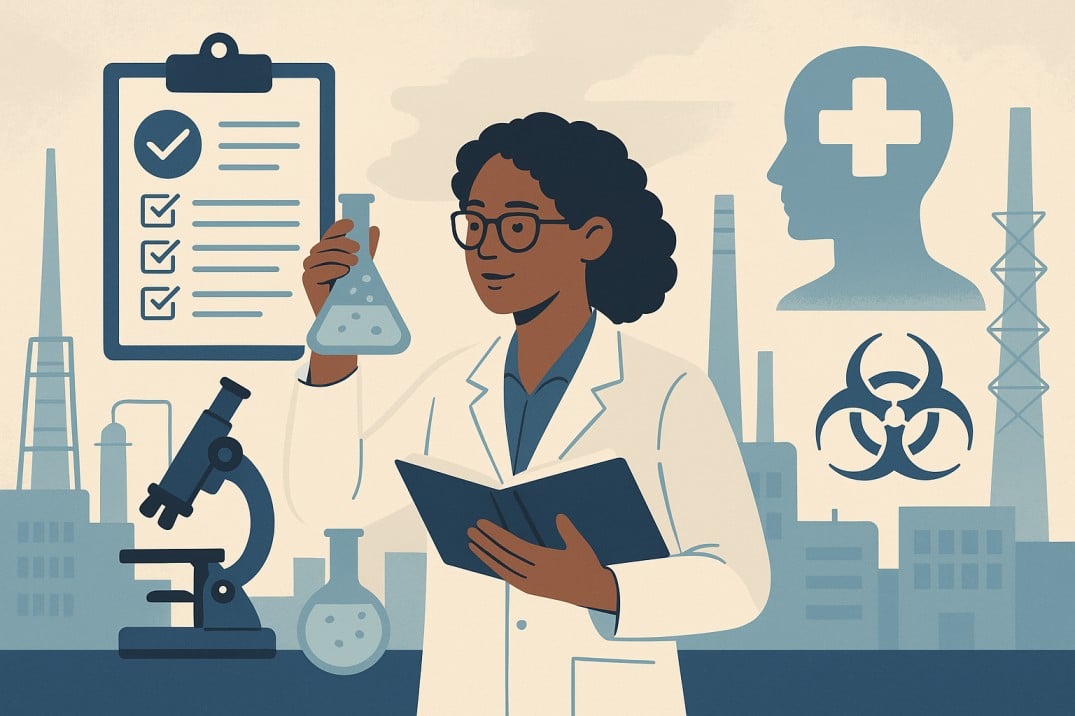Why Is HIPAA Important To Privacy And Security?
Health information is any information about a person’s health or disability. This information must be kept private and confidential. Here are some reasons why:
- Trust between practitioners and patients is essential, and anything you discuss with your doctor must, by law, be kept private. Without it, patients may be reluctant to give practitioners the information they need to provide adequate care.
- Health research requires the use of personal health information, which may be sensitive and potentially embarrassing. If a security breach occurs, the individuals whose health information was inappropriately accessed may face economic, social, or psychological harm because others know private information. For example, if an individual is infected with HIV, it can cause social isolation or other psychologically harmful results.
Save Thousands Of Dollars With Coggno Prime Subscription
Why HIPAA Is Important To Patients?
The Health Insurance Portability and Accountability Act (HIPAA) of 1996 is very important to patients as it protects sensitive patient health information from being disclosed without the patient’s consent or knowledge. It also gives individuals the right to access their health information.
Additionally, it provides a framework for health service providers to record and collect information about your health and how they use and share it. All healthcare companies and entities that handle or maintain patient healthcare information must comply with the HIPAA law regulations. By doing this, they can save millions of dollars by effectively managing security risks.
The US Department of Health and Human Services (HHS) issued the HIPAA Privacy Rule to implement HIPAA requirements. The HIPAA Security Rule protects a subset of information covered by the Privacy Rule.
We are going to have a look at these rules and what each of them means:
● The Privacy Rule protects an individual’s medical records. It gives them the right to examine and obtain a copy of their health records and to ask for corrections to their information. Additionally, it sets boundaries on the release and use of their health information and provides proper safeguards to protect health information privacy. Violators are held accountable with penalties that can be imposed when a patient’s rights are violated. Patients can make informed choices when in need of care or how personal information may be used.
● The Security Rule protects individuals’ electronic personal health information (known as ePHI) received and maintained by a covered entity. A covered entity is anyone who provides treatment, operations, and payment in healthcare, as well as their business associates. Some examples of covered entities are doctors, dentists, psychologists, health care clearinghouses, and pharmacies.
The Security Rule requires appropriate administrative, physical, and technical safeguards to ensure electronically protected health information’s confidentiality and security. Organizations must implement relevant management policies and procedures to comply with these safeguards.
● The Breach Notification Rule requires covered entities to notify affected individuals, the U.S. Department of Health & Human Services (HHS), and the media of a breach of unsecured PHI.
A data breach occurs when the data for which your organization is responsible suffers a security incident resulting in a breach of confidentiality. If it is likely that the breach poses a risk to an individual’s freedom and rights, your organization has to notify the supervisory authority immediately and at the latest within 72 hours after becoming aware of the breach. It is vital to implement appropriate measures to avoid possible data breaches.
Now we know what the Privacy, Security, and Data Breach Rules entail, let’s look at what rights patients have regarding their medical records and how they can obtain copies.
What Rights Do Patients Have Regarding Their Medical Records?
The HIPAA law requires covered entities to provide individuals access to their protected health information upon request. This includes the right to inspect or obtain a copy of the PHI and permit the covered entity to provide a copy to a designated person of the individual’s choice.
Patients must always be informed about the kind of information held about them and why and with whom it might be shared. They also have a right to withhold consent if someone intends to use their personal information other than their own immediate care.
If you need a copy of your medical records, you will need to contact the hospital or doctor where you were treated. You will then have to complete and sign documentation for the release of your medical record information. You do, however, not have the right to access a provider’s psychotherapy notes.
What Healthcare Organizations Are Not Covered By HIPAA Rules?
Although most entities are covered under the HIPAA law, some entities are not covered. Some of these include:
- Health insurance companies, health maintenance organizations, and government programs that pay for health care, like Medicaid.
- Offshore vendors are not covered and do not have to comply with HIPAA legislation.
- Business associates who are not part of a covered entity that provide apps and devices that handle PHI.
What Steps To Take To Avoid HIPAA Violations And Protect Patient Privacy?
Healthcare entities need to implement measures to prevent HIPAA violations. Here are some steps companies can take to avoid HIPAA breaches:
- Enable encryptions and firewalls.
- Maintain possession of mobile devices.
- Double-check that files are correctly stored.
Now that we know how to avoid HIPAA violations, let’s look at how patient privacy can be protected:
- Provide regular training.
- Make sure all information is stored on secure systems.
- Create comprehensive policies and confidentiality agreements.
- Encourage a security mindset in the company.
When Can The Patient Medical Records Be Shared?
There are only two situations where a health provider may share your health information without your consent. These are:
- When the information prevents or reduces a serious threat to public safety or health, for instance, if you have a serious contagious illness and the public needs to be protected and warned.
- When your or someone else’s safety or health is seriously threatened, and the information will help, such as if you are unconscious and doctors, nurses, and paramedics need to know if you are allergic to any drugs.
- When the information is required by law.
Health information privacy laws only apply rights to living people. They do not apply once the person is deceased.
Conclusion
The HIPAA Act makes provision to protect sensitive patient health information from being disclosed without the patient’s consent or knowledge. All healthcare companies that handle or maintain patient healthcare information must be compliant with the HIPAA law regulations. By doing this, they can save millions of dollars by effectively managing security risks.
Coggno has a wide range of HIPAA privacy and security related online corporate training courses.
Maximize Training, Minimize Costs With Coggno Prime




















